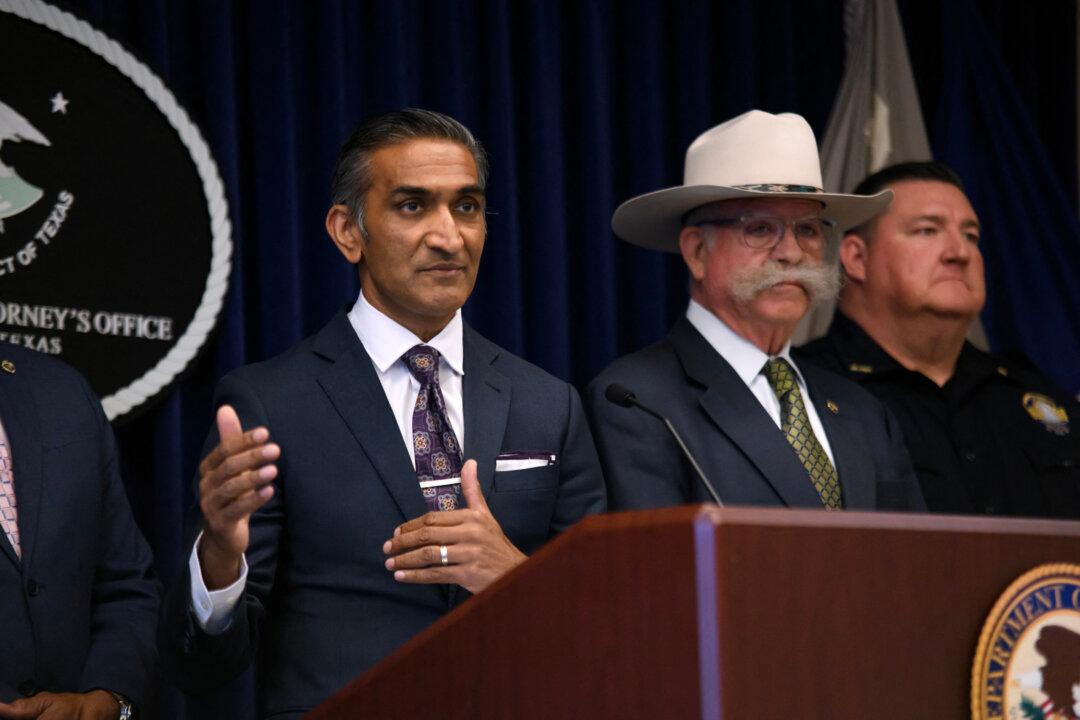Johns Hopkins University has ended its COVID-19 shot mandate for the majority of its students as an increasing number of schools across the country continue to drop the requirement that students be forced to take the controversial shot before enrolling.
The school updated its medical requirements for new non-health care students this morning: “In consultation with the Johns Hopkins University Health Advisory Group and other public health experts across our campuses, Johns Hopkins University will strongly encourage, but no longer require, at least one dose the COVID-19 vaccine series.”





